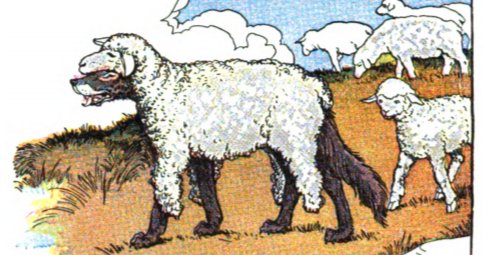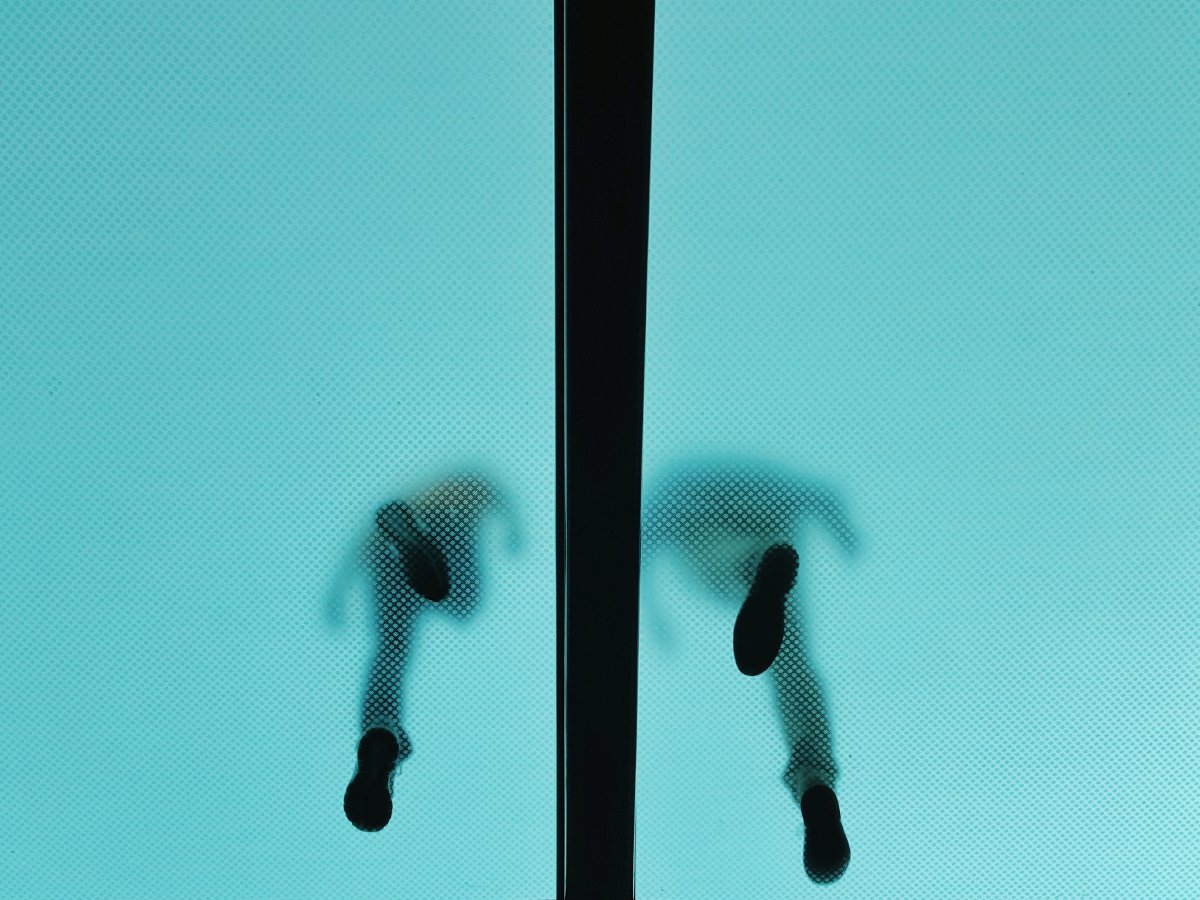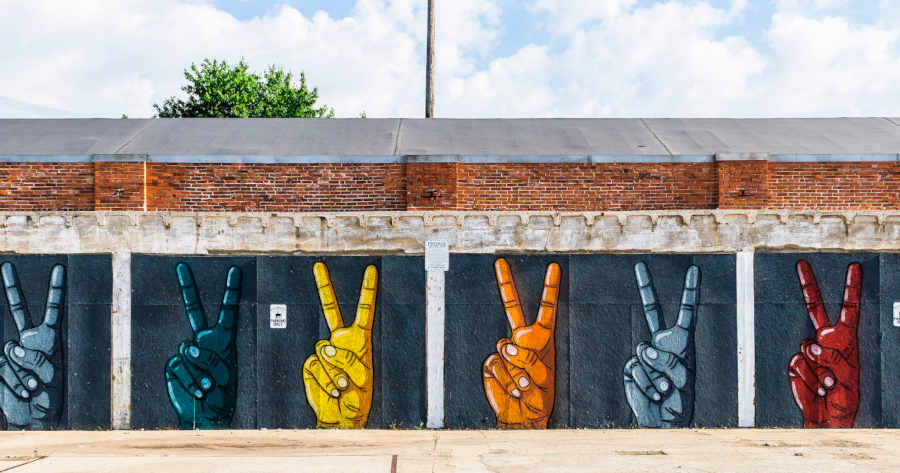“Every breath we take, every step we make, can be filled with peace, joy and serenity.”
“It is not death that a man should fear, but he should fear never beginning to live.”
Life is so easy. There are only two required tasks – we have to breathe and we have to die. In their hit song, Dust in the Wind, the group Kansas sings “All your money won’t another minute buy.” Pretty much sums it up.
If breath and death are the two basic requirements of life, then why not make the most of them. This post discusses why that’s easier said than done, and why it’s worth the effort.
For me, the way we breathe is a good gauge on how we are living our life at any given moment. Instead of having an RPM meter embedded in a body-monitoring device that tells us how fast our engine is running in various conditions of physical or mental stress, our breath can tell us how quietly our mind is working just by being conscious of how we are effortlessly breathing in every moment – or not. When I’m in a “Quiet Mind” state, I’m more present; I’m paying attention to what’s going on in the moment; I’m moving with a sense of stillness; I’m noticing and bearing witness to what’s happening physically, emotionally, intellectually and spiritually; I’m engaging in deep reflection. This quiet state works as an antidote to feeling helpless, hopeless and harried at different points in the day. Let’s take a closer look at what each of those states actually means.
Being fully present. Hindu mystics suggest that doing one thing at a time is a core yogic discipline. We sometimes fool ourselves into thinking that multi-tasking will help us speed through the mountain of work we might be facing. Unfortunately, the uncomfortable truth is that the best way to find real joy in a depressing world, and to have real impact in that world, is to focus on a few things that really matter – whether that means walking, reading, cooking, exercising, working or just doing what we doing. Accepting the reality that we can only ever be here now anyway, we are better off not to pretend otherwise. A recent NYT article expands on this idea. Breathing deeply helps us to be fully present for the people and things we care about.
Paying attention. Gurdjieff, in his books and workshops, stresses the importance of self-remembering – really noticing your thoughts, feelings and physical sensations. He challenges us to stay awake for as much of each day as possible. Paying attention pays off in every aspect of our life. The applications are endless: parenting, helping, driving, reading, working, eating, walking, etc. We can also pay attention to how we are breathing – fast, slow, deep, shallow, rhythmic, even, steady. Paying attention to our breathing increases the likelihood that we will be most effective at the things that matter most profoundly to us. By paying attention, we become more aware of our awareness. By so doing, we can move from awareness to welcoming. And here is the key. By welcoming each breath, we are more likely to welcome awe and wonder into our lives; we are more likely to open ourselves to new experiences; we are more likely to welcome others into our lives – maybe even people who don’t share our bubble or beliefs.
Being still. Lao Tzu says, “Be still. Stillness reveals the secrets of eternity.” In the practice of Qi Gong, one of the main lessons is to move in stillness. While being still and moving sound contradictory, it turns out that being able to move in harmony with the universe depends on maintaining a quiet body, mind and spirit. And moving is more effortless when you are able to experience a stillness in your movement. Breathing, of course, is at the core of this practice.
Several years ago, I had the privilege of editing the 8 Secrets of the Tao Te Ching by Luke Chan, my Qi Gong master. That experience gave me a deeper understanding of this epic text written 2,500 years ago. In Chapter 16 of the Tao Te Ching there is a beautiful verse on the power of stillness translated by Luke:
“Oh here I just sit,
Breathing softly and quietly,
Emptying myself of all thoughts.
Somehow my body disappears.
Oh, as I meditate deeper,
My mind becomes absolutely still.
Somehow it too disappears.
Here I am – One with all and all with one.
Hereby I witness the wonder of creation.
Breathe out, return to the Oneness of stillness;
Breathe in, return to life!”
What else is there to say?
Witnessing – Ken Wilber, the famous founder of Integral Psychology and Spirituality, implores us to integrate our body, mind and spirit and to bear witness not only to the degree to which they are operating harmoniously, but also to the level at which they are operating. In his 20+ books, he outlines a full-spectrum model of the stages of human growth and development. His work is a blend of ancient wisdom and modern science. Wilbur shows how consciousness is the basis of transformation. And, breathing is the basis of consciousness. Being a witness in your meditation is an essential part of the experience, but eventually the subject/object duality collapses and there is only pure nondual awareness – you become one with your breath.
Reflecting. Padraig O’Tuama, an Irish poet who writes on spiritual reflection, encourages us to open our worlds by reflecting on poetry. His ability to deconstruct poems and tease out meaning in the words of others has encouraged me take deep breaths before I read what others have shared through their poetry. I’ve learned that you can’t rush through poetry and hope to discern the power of the words. Each word is like a breath of life that may open up new windows of understanding.
You get the point: presence, attention, stillness, witness and reflection all begin with deep breathing. And welcoming each breath as a blessing opens us to awe, wonder, connection, newness and freshness.
But where does it end? Death of course.
There is a wide range of religious beliefs about death. Christianity, Judaism and Islam all believe in an afterlife promised by God. For example, Christians believe in the resurrection of the body on the Day of Judgment when God will judge each person, and they will be sent to heaven or hell. Muslims believe that life and death are in accord with the will of Allah – and that the timing of death is predetermined. Many Jewish people believe that after the physical death of the body, the soul returns to the place of its spiritual origin. Some Jewish thinkers refer to the soul’s sojourn on earth as a kind of exile to be served until its reunion with God.
Buddhists believe that the spirit continues after death and may be reborn. Death is an opportunity for liberation from the cycle of life, death and rebirth. Buddhism teaches that an individual is but a transient combination of matter, sensation, perception, predisposition and consciousness – there is no permanent soul. The Hindu faith believes in reincarnation – when someone dies, the soul is reborn in a different form. Hindus believe that spiritual essence is eternal and seeks to be united with the Universal Soul or the Brahman. Taoists believe that they will be reborn in another being based on their previous lives.
Personally, I have no idea. For me, death is a jarring reminder that the particular life we are living on earth will someday end – life is finite and impermanent. I find that fact to be a compelling motivator to experience as many meaningful moments as I can in my limited life – moments that are driven by purpose, guided by principles, and informed by a set of ethical priorities. Perhaps, if I can learn to welcome each breath as a blessing, I can welcome my death as well. And I can welcome the possibility of being One with All.
Thich Nhat Hanh, the Vietnamese monk and prolific author, had it right: “Every breath we take, every step we make, can be filled with peace, joy and serenity.” And Marcus Aurelius summarizes the ultimate goal: “It is not death that a man should fear, but he should fear never beginning to live.”
I’m hoping that more of our breaths will be filled with peace, joy, serenity, awe, wonder and connection and that each breath will be a new beginning for how we want to live our finite lives on this earth. May it be so.
Also published on Medium.




Wow! We’ll done my friend ❤️
Another gem Rick!